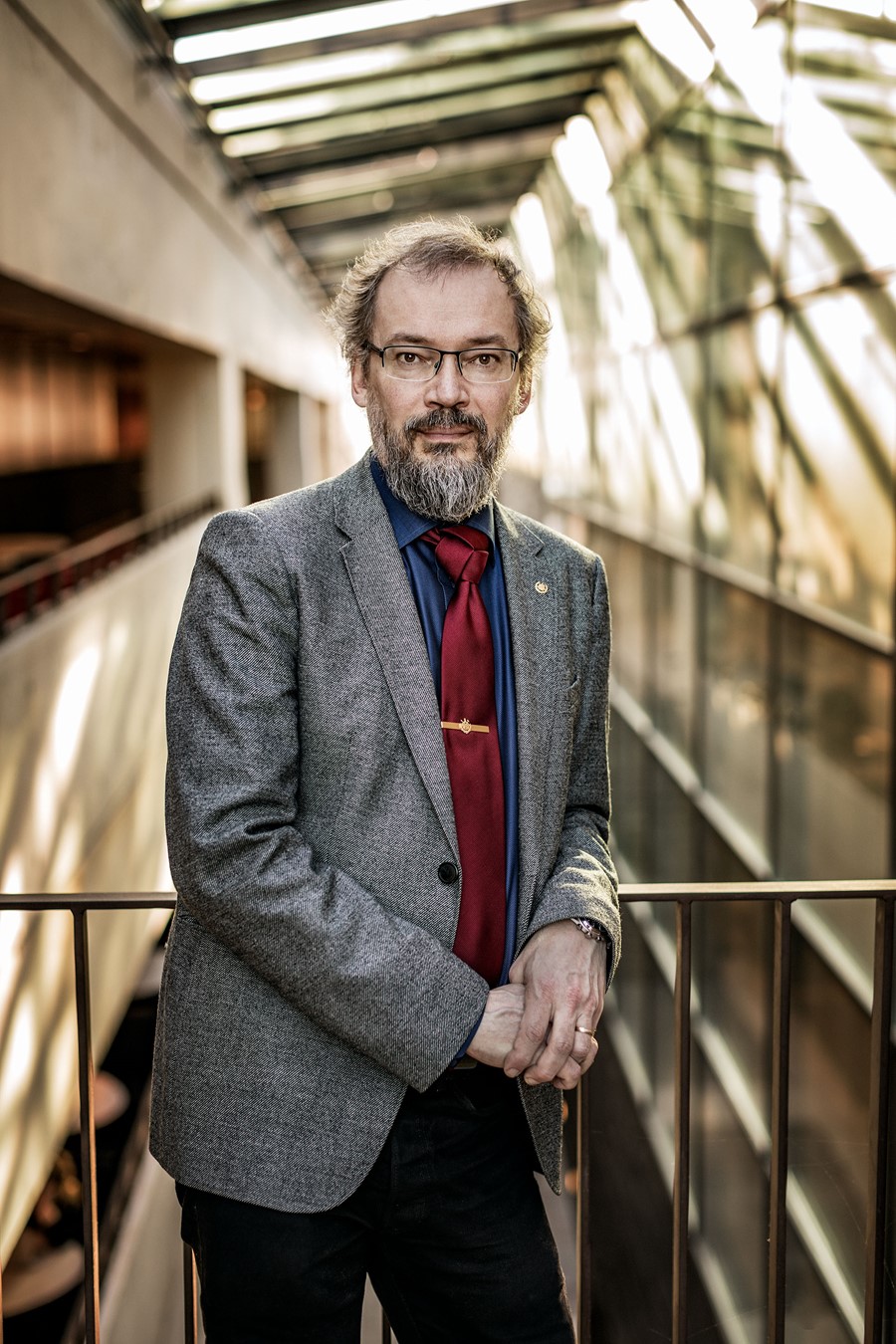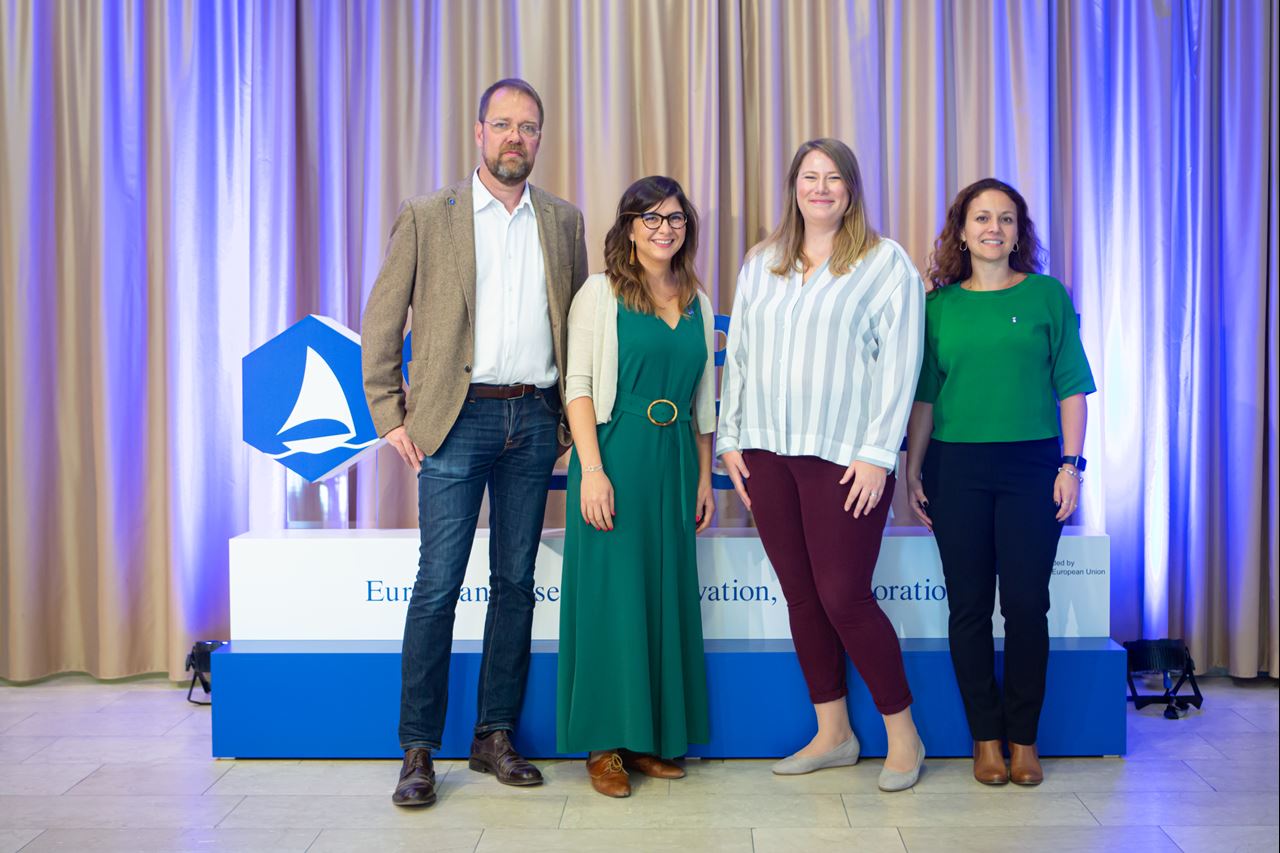Management
Charting a course to success
The Management Work Package ensures that Graphene Flagship outputs are properly monitored and reported on, coordinates the governing bodies and liaises with the European Commission. Our team also facilitates the growth of the project through the partnering mechanism, expressions of interest and the addition of new initiatives like the Spearhead Projects and 2D Experimental Pilot Line (2D-EPL).
The last 10 years
The effective management of the Graphene Flagship has been a key factor in the project’s success. From the start, Management has ensured that the consortium had the tools it needed for growth and collaboration. The Work Package has developed infrastructure to help the partners share data, report their work efficiently and receive project updates. The Management team has updated the Graphene Flagship’s governance structure to keep up with the growth of the project as it has increased in size and complexity. There have been a total of 231 different partners in the Graphene Flagship over the past ten years, including some in competitive market positions. Management has been instrumental in finding pathways to collaboration, even when relations have been challenging.
In a case study on the Graphene Flagship performed as part of an evaluation on excellent science in the European Framework Programmes for Research and Innovation, independent evaluators found the Management Work Package work to be exemplary: “The Graphene Flagship coordination was effective and able to engage stakeholders in the graphene related fields. It has furthermore shown to be able to adapt and adjust, when necessary, with activities following trends in graphene related research and other societal challenges such as recently devoting a study on the links with graphene and the UN SDGs.”
Furthermore, the evaluation claims: “[The] partnering mechanism can be considered as a successful mechanism to widen participation, promote alignment and contribute to the advancement of graphene related material research in a coordinated way in Europe.” 1 Management has had a strong commitment to fostering collaborations outside the project. The partnering mechanism has been instrumental in open the door to collaborations with European universities, industry and research projects working on complementary research and development activities.
Likewise, the Graphene Flagship extends its network internationally through multidisciplinary collaborations across institutions, coordinated by Graphene Flagship partner European Science Foundation, in France. International workshops, organised jointly between researchers in Europe and abroad, foster the exchange of ideas and research collaborations overseas. Collaborations have been established with the USA, Australia, Korea, Japan and China.
This year’s progress
In 2022, Management split its time between coordination and collaboration tasks. We coordinated the second half of the Core 3 internal assessment, an exercise that examines the Work Packages’ future plans and allows evaluators to give suggestions in time for the project to adjust. The team also organised the first in-person Annual Meeting since Core 2, allowing time for networking and socialising (an important factor in fostering new collaborations). Furthermore, the European Science Foundation produced two key deliverables. The first deliverable analysed the “European funding landscape on graphene and 2D materials” which revealed, among other things, that the member states honoured their agreements to co-fund graphene research and innovation activities. The “PPs and AM Integration Report” on Partnering Projects' and Associated Members' collaborations with Core 3 partners showed a clear path for Associated Members to become project Partners.
Collaborations within and without the project were an important part of the Management team’s work in 2022. Internally, the team collaborated with the Innovation and Industrialisation Work Packages to develop a product and prototypes database. This has helped us to analyse the full impact of the Graphene Flagship and to better support and promote Partners’ commercialisation efforts. Management has also helped to keep the consortium informed about upcoming funding opportunities: sharing call information and helping partners plan beyond Core 3. Collaborations with other large European projects allowed us exchange best practices, plan for collaborations outside our current work and exploit synergies in our work.
Our International Workshops resumed in-person with EU-US and EU-Korea meetings being held at Graphene Week 2022. Meetings Australia, Korea and Japan are already planned for 2023, along with the launch of a new International Workshop series with Singapore. These workshops encourage an exchange of ideas and foster collaborations that help advance research and innovation. Strengthening connections and collaborations on graphene and related materials research between Europe and the rest of the world has never been more important.
The next year will be critical for the Management Work Package as we close Core 3, coordinate the final review and plan for the future.

Jari Kinaret, Work Package Leader
The Graphene Flagship is currently celebrating its tenth year. We are consequently taking stock of the project and considering both how far it has come, and where the project’s research and collaborations will go next.”
Work Package Leader
Reference:
- Es-Sadki, N. (2023). Case study on FET Graphene Flagship. Evaluation study on Excellent Science in the European Framework Programmes for Research and Innovation. Phase 1 Final Study report. European Commission. Directorate-General for Research and Innovation.

Management Team
The Management Team cover all managements aspects of the project, from legal, ethical, financial and administrative management, to maintenance of the consortium agreement.

